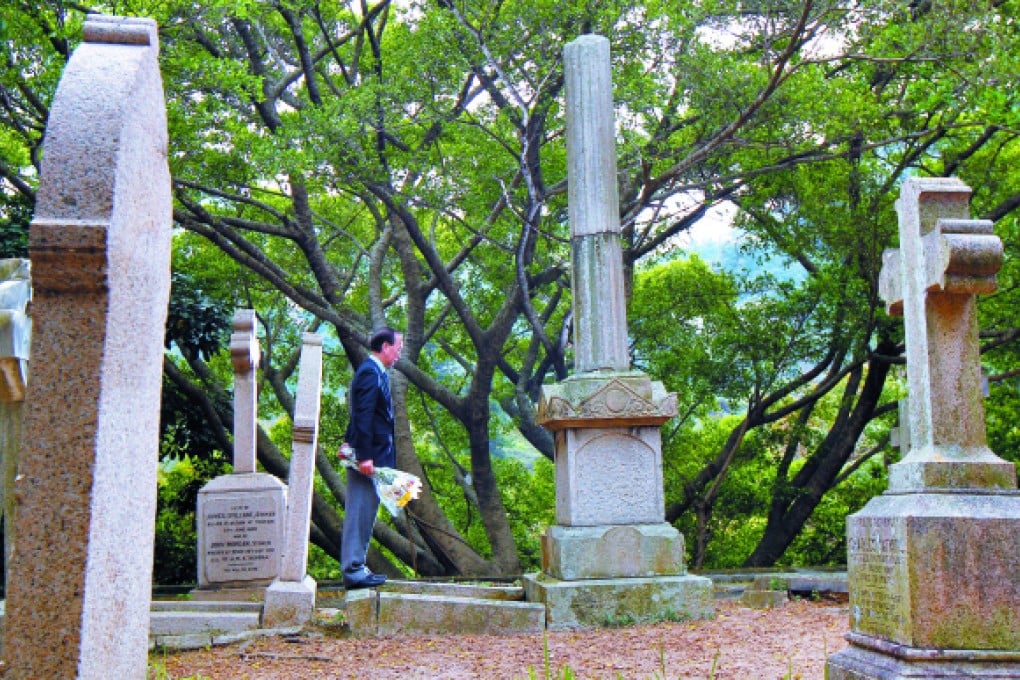Character assassination: The story of a hero of China's republican revolution
A key figure in the republican revolution, Yeung Ku-wan's story of heroism lay buried for more than 100 years after his murder. But his family's relentless campaign may finally give the Hongkonger his due, writes Stuart Heaver


The Snowden affair is, in fact, reminiscent of an even more sensational story involving a political outcast pursued by the secret agents of a superpower. Set at the turn of the 20th century, when Hong Kong was a hotbed of revolution, insurrection and intrigue, this is the tale of a high-profile revolutionary leader who was assassinated on the streets of our city and then air-brushed out of the history books.
The assassination was brought to life on the big screen by director Teddy Chen Tak-sum in the 2009 award-winning blockbuster Bodyguards and Assassins. The movie's opening scene - set on a sunny day in Gage Street, Central - sees a teacher descend iron steps from the first floor of a colonnaded building, surrounded by attentive Chinese students. As he talks to them of democracy, a gunshot rings out and a bullet pierces the teacher's forehead, spraying blood onto the faces of his shocked companions. Panic ensues as the camera zooms in on the sinister face of the assassin, still peering down the barrel of his bolt-action rifle on a nearby rooftop.
This is the murder of Yeung Ku-wan, the leader of the Xing Zhong Hui (Revive China Society), and the date is January 10, 1901.
Despite playing a leading role in the early days of China's republican revolution, which was largely orchestrated from Hong Kong, and being immortalised by popular cinema, Yeung has faded into the background in comparison with Sun Yat-sen, the "father of the nation", when it comes to the story of the long struggle towards the formation of the Chinese republic in 1911.
A flick through the Dictionary of Hong Kong Biography reveals that "Yeung Ku-wan is considered a hero of China's republican revolution, not least because he gave his life for it". It also tells us that Yeung formed the Furen Wenshe (Literary Society for the Promotion of Benevolence) in Hong Kong in 1892 with close friend Tse Tsan-tai, who would become one of the founders of the South China Morning Post.
Initially, the society campaigned for modern reforms in China but quickly developed into a secret organisation focused on fundraising for and organising armed insurrections. Its members plotted to overthrow what they saw as an obsolete and corrupt Qing dynasty and replace it with a modern democratic republic. Yeung became a close ally of Sun after Furen Wenshe was merged, in 1895, with the Revive China Society - which Sun had founded - at the latter's request.